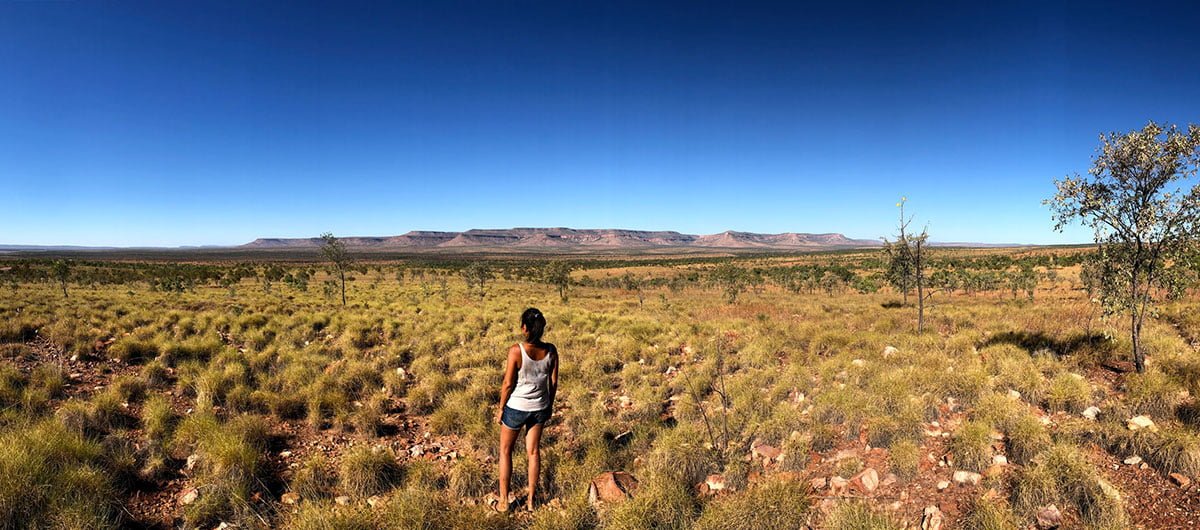When I left New York back in October of 2018, I went in a hurry because I feared that if I lingered too long, I would lose the momentum and courage I had mustered to drop everything I had established at home to go traveling. I wrote my mom a check for five months of rent and gave her a separate check for two additional months in case I decided to extend my trip. I would have never imagined that five months would turn into two years and then some. Today Yesterday marked my two year travel anniversary! ✌️ Two years that I’ve spent abroad as a traveler turned expat. It’s been an incredible journey full of unexpected surprises.
Covid19: A disguised gift for workaholic wanderlusters
One of the biggest surprises is coronavirus and how it’s upended the travel industry. Covid19 has really changed the world a great deal and I can’t say that those changes are all bad. Among the positive benefits to people with perpetual wanderlust has been the paradigm shift in the concept of working from home. The pandemic has opened the door for white collar workers to live in different locations without quitting their jobs. It’s practically a wrapped gift to those who have always wanted to work and travel abroad. Albeit, most borders are still closed and it’s still a challenge to enter many countries. (Details of those challenges can be found in my old post.) But hey, just the other day in a ceramic studio, I met a quasi-traveler who decided to relocate to Jogja from his hometown of Surabaya because “working remotely means home can be anywhere.”
Clearing some of the fog around long-term traveling
When I thought about how I would commemorate my second travelversary, I recalled the questions that I get asked most often – How is it possible? How much did you save for the trip? What’s your budget?
Long-term travelers get asked these questions a lot perhaps because the inquisitor aspires to have this kind of travel lifestyle as well. As much as they want to travel indefinitely, they come up with a million excuses. Well, this post is going to be a complete breakdown of how I spent my time and money these past two years. My hope is that by sharing my experience, I can debunk some misconceptions and encourage others who dream of this lifestyle to take that leap of faith.
Where did I go?
Year 1 in chronological order:
| Countries | Total Days Spent |
|---|---|
| South Korea | 35 days |
| Japan | 35 days |
| Hong Kong | 19 days |
| Bali, Indonesia I | 30 days |
| Singapore I | 3.5 days |
| Sri Lanka | 30 days |
| Malaysia | 20 days |
| Australia | 74 days |
| Singapore II | 6 days |
| Taiwan | 70 days |
| Indonesia II | 60 days |
Year 2
| Countries | Total Days Spent |
|---|---|
| Malaysia II | 21 days |
| Sumatra, Indonesia III | 23 days |
| Christmas Island, Australia | 77 days |
| Java, Indonesia IV | 229 days or 8 months and counting |
My first year of traveling was intense. I had a lot more energy and moved around a great deal. The first five months were full on adventure-packed exploration almost every day. All long-term travelers burn out at some point and right around that time, I plopped myself down in Penang, Malaysia and spent days doing absolutely nothing. As opposed to my first year, Year 2 was slower-paced in comparison. I had experienced multiple bouts of travel fatigue and wanted to slow down in one location. I wasn’t too concerned with adding new countries to my list. Perhaps it was well-timed with Covid19. Most of 2020 feels like a blur, spent in mainly two locations – Christmas Island which is part of Australia and Yogyakarta, Indonesia.
How much money did I spend? *Drumrolls 🥁*
Total cost of flights to date: $1,889.53 USD
Year 1: $17,149.08 USD
Year 2: $3,356.90 USD
Total spend to date: $22,395.51 USD
Year 1 – Broken down by countries (prices in USD)
| Country | Total Spend | Average Per Day |
|---|---|---|
| South Korea | $2,077.57 | $59.36 |
| Japan | $2,543.24 | $72.66* |
| Hong Kong | $759.75 | $39.99 |
| Bali, Indonesia | $1,033.02 | $34.43 |
| Singapore I | $222.60 | $63.60 |
| Sri Lanka | $1,024.99 | $34.17 |
| Malaysia I | $430.23 | $21.51 |
| Australia | $4,209.39 | $56.88 |
| Singapore II | $322.38 | $53.73 |
| Taiwan | $2,870.66 | $41.01 |
| Indonesia II | $1,697.99 | $28.30 |
Year 2
| Country | Total Spend | Average Per Day |
|---|---|---|
| Malaysia II | $430.89 | $20.52 |
| Sumatra, Indonesia III | $435.37 | $18.93 |
| Christmas Island, AU | $463.82 | $6.02* |
| Java, Indonesia IV | $2,026.82 | $8.27 |
Year 1 – Broken down by categories in each country
| Country | Transportation | Food | Accommodations | Entertainment | Other |
|---|---|---|---|---|---|
| South Korea | 11.13% | 29.15% | 39.92% | 8.46% | 11.34% |
| Japan | 17.01% | 50.40% | 6.99% | 8.18% | 17.43% |
| Hong Kong | 15.14% | 55.52% | 0.00% | 0.00% | 29.34% |
| Bali, Indonesia | 14.78% | 25.73% | 36.81% | 16.53% | 6.15% |
| Singapore I | 19.09% | 26.83% | 37.76% | 9.30% | 7.02% |
| Sri Lanka | 10.84% | 41.96% | 33.66% | 9.89% | 3.65% |
| Malaysia I | 8.54% | 51.25% | 22.01% | 8.66% | 9.54% |
| Australia | 4.42% | 29.61% | 20.08% | 19.01% | 26.89% |
| Singapore II | 18.67% | 34.65% | 30.05% | 7.30% | 9.33% |
| Taiwan | 10.45% | 30.87% | 34.25% | 9.47% | 14.95% |
| Indonesia II | 22.48% | 22.55% | 19.68% | 25.87% | 9.43% |
Year 2 by categories
| Country | Transportation | Food | Accommodations | Entertainment | Other |
|---|---|---|---|---|---|
| Malaysia II | 5.65% | 39.92% | 32.93% | 7.23% | 14.26% |
| Sumatra, Indonesia III | 13.61% | 36.86% | 22.50% | 20.91% | 6.12% |
| Christmas Island, AU | 0.00% | 49.03% | 0.00% | 16.22% | 34.75% |
| Java, Indonesia IV | 5.43% | 38.33% | 28.96% | 2.01% | 25.27% |
The Anomalies
Flights
I had racked up a ton of points from credit card rewards program and multiple airline loyalty programs. It helped that my old job sent me overseas at least once a year for work. So far, I’ve flown a total of 24 flights, seven of which I used points or miles. My longest distance flight from JFK to Seoul cost a whopping $19.60 🤣.
South Korea
Out of all the countries I visited in my first year, South Korea was where I was least creative when it came to saving money. I hadn’t yet honed in my thrifty travel skills as it was my first country of the trip. On my first two nights, I had even splurged on a private Airbnb studio for $54/night 😵. I’d say the money I spent in this portion of my trip is most reflective of a traditional vacation.
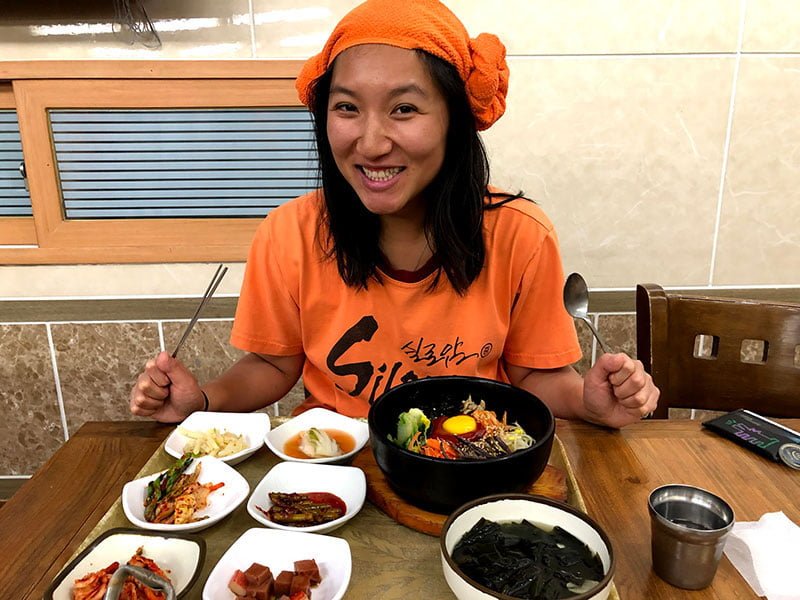
Japan
I knew I wouldn’t be able to travel for long if I continued to spend 40% of my money on accommodations, especially in Japan. My friend introduced me to Couchsurfing and I used it extensively while traveling around Japan. (Sadly, CS is not like it used to be due to a mandatory monthly/annual fee.) Not only was I able to lower the percentage spent on accommodation from 40% to 7%, I was able to meet wonderful locals along the way and reallocate the savings to my insatiable appetite for sushi and ramen 🍣🍜😋.
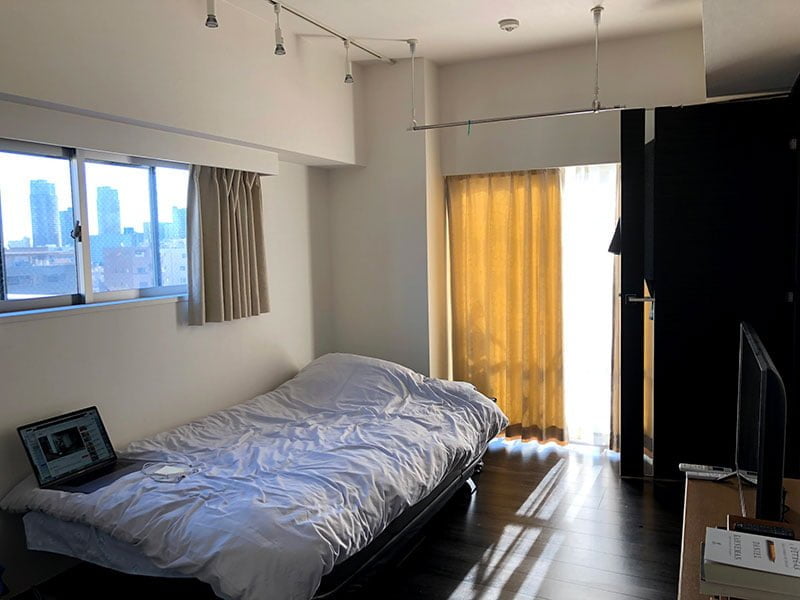
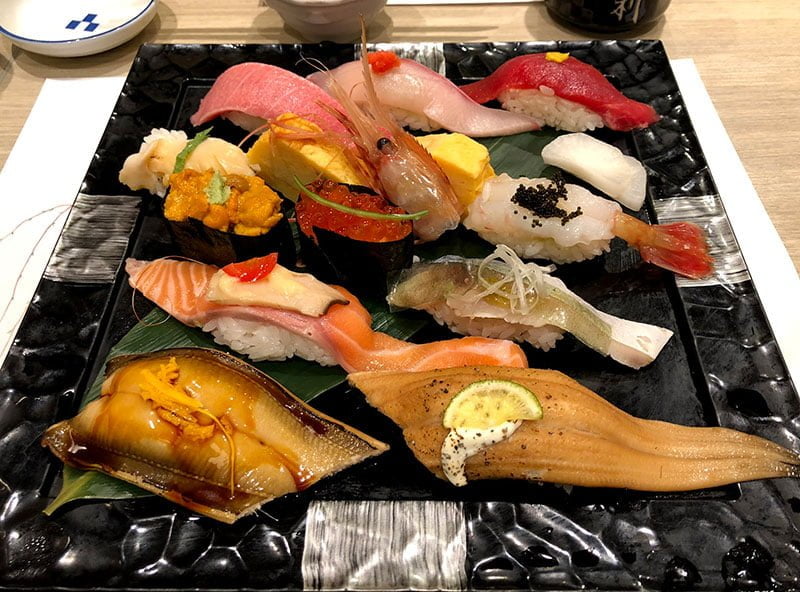
Hong Kong
My expenses in Hong Kong is in no way indicative of how much it costs to visit this pricey metropolis. I went during the most expensive time of the year (Christmas and New Year’s Eve) but spent $0 on hotels or entertainment because I stayed with family and didn’t partake in any tourist activity that required money.
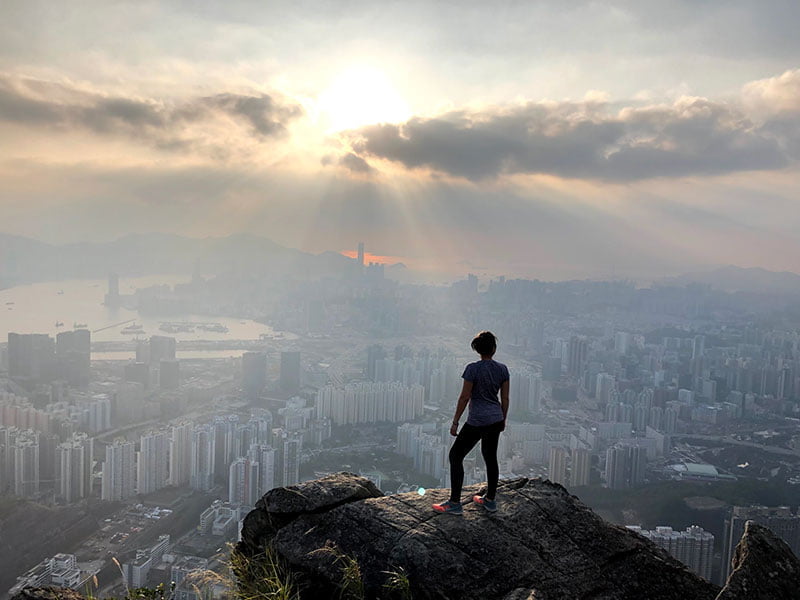
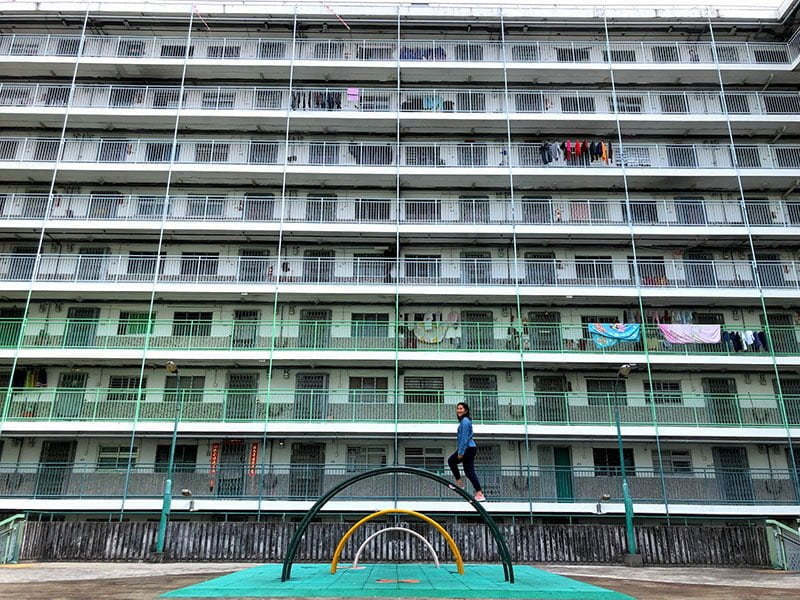
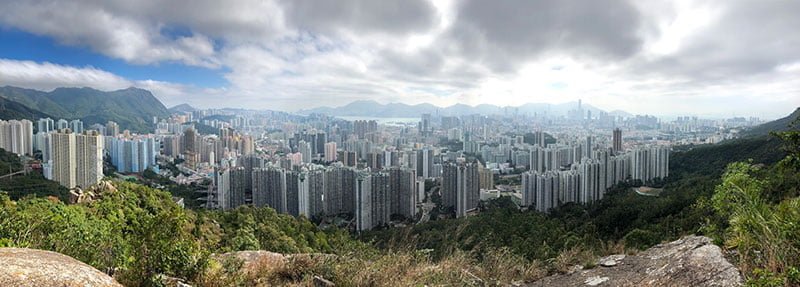
Australia
Australia is one of the most expensive countries when it comes to transportation, 🤔 and just about everything else actually. Shockingly, transportation accounted for less than 5% of my expenses. Thanks to the wonderful community of Facebook travel groups, I was able to link up with many working holiday travelers to share rides throughout the most rural parts of the country.
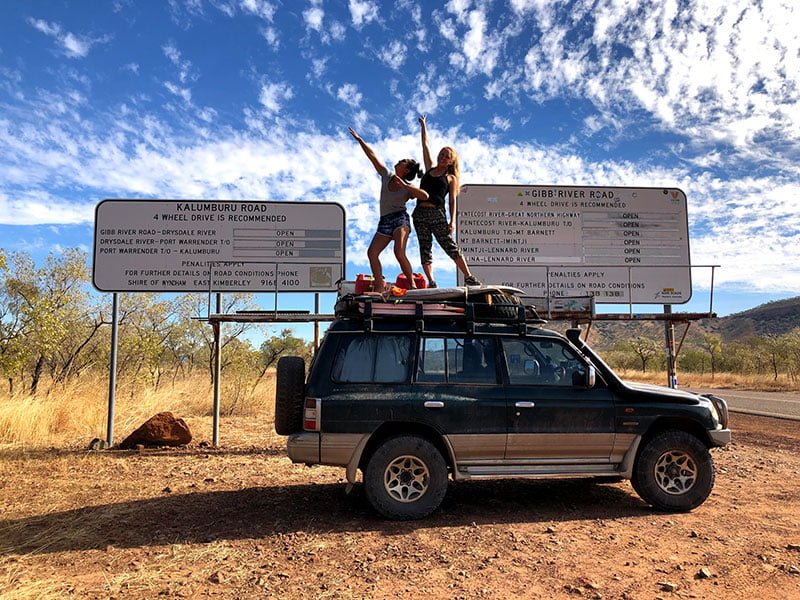
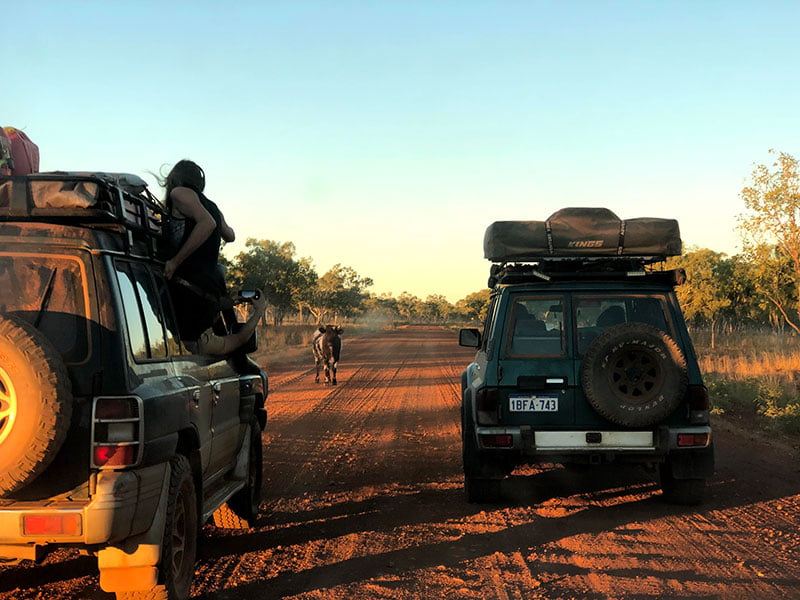
Christmas Island (aka CI)
It is not easy to get to Christmas Island and when you do get there, you’ll experience major sticker shock when you’re hungry. Some sample prices on food (in AUD):
- One kg of mandarins: $9.50
- Pack of spaghetti: $4.25
- Head of cauliflower: $8.64
- Bowl of wonton noodles: $12
- Dozen of almost expired eggs: $7.50
- Egg roti: $5
- Bottle of red wine: $18
The cheapest hotel rates start at about $60aud/night. With such astronomical prices, you’re probably wondering how I managed to spend only $6/day – the cheapest average daily spend of my entire trip! That’s because I traveled to CI as a volunteer for the National Park which offered me a free room to stay. Because I was there for a longer duration than the average tourist, I quickly learned from locals how to get by without breaking the bank. To avoid paying for a car rental, I hitched rides from locals. Instead of spending money on fruits, I foraged for wild mangoes, papayas, coconuts, and avocados from countless trees dotting the island. Kind neighbors also gave me fresh fish, dragon fruit, and free range chicken eggs. Really, I can write a whole separate post about my adventures on Christmas Island.
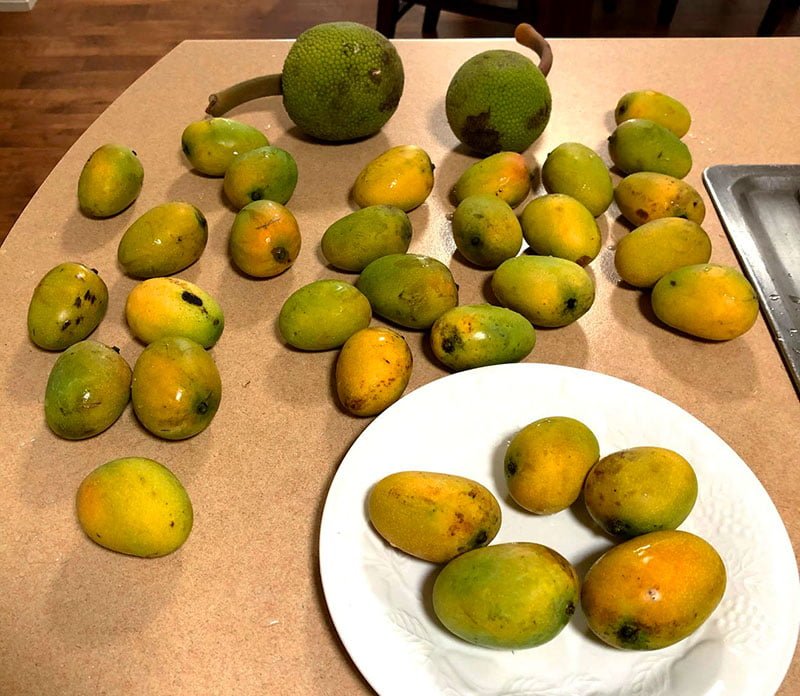
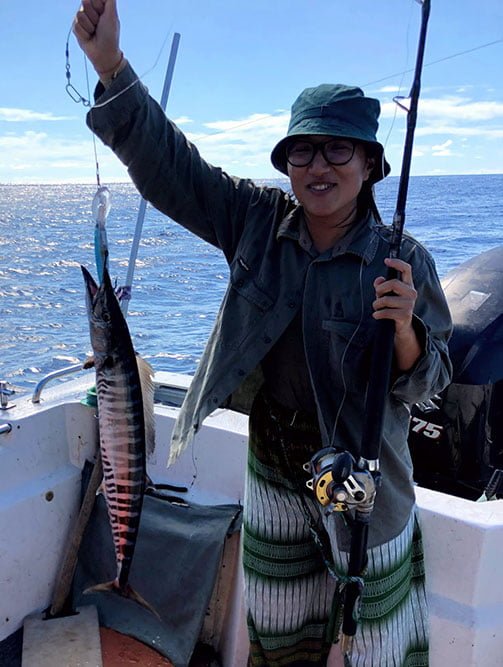
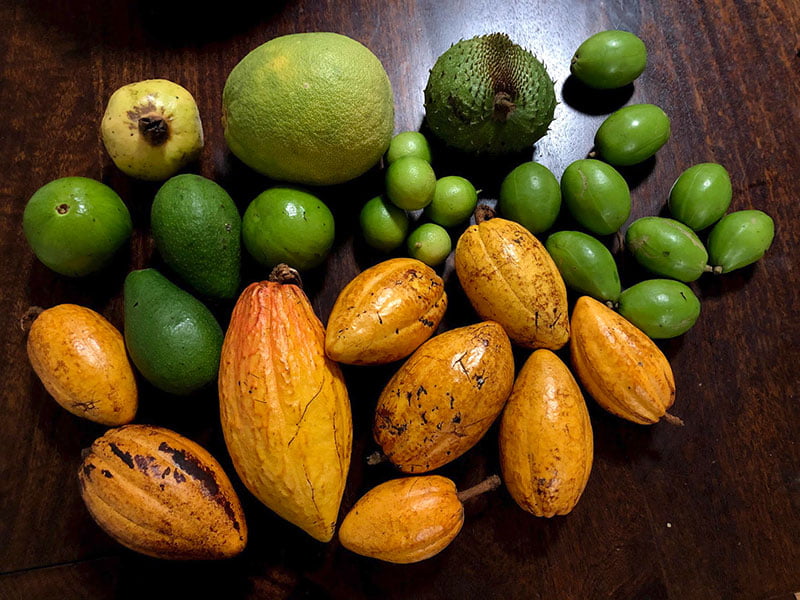
Indonesia
There is a big fluctuation in my average daily spend between the four separate trips I made to Indonesia. That’s because Bali is more expensive than the other islands and for my current stint, I’m no longer traveling around but living in the same city which makes everything a lot cheaper. Out of all the cities I’ve traveled to in Indonesia, Yogyakarta is probably the cheapest. During my first trip in Bali, I spent about $11-20/night on accommodations. Currently, my monthly rent for a private studio is $101/month which breaks down to less than $4/day.
Well, there you have it.
Hope this breakdown can inspire new long-term travelers to figure out alternative ways to travel frugally. Especially with the ability to work remotely while on the road, it’s now easier than ever. Feel free to reach out to me if you have any questions or want to know more about specific countries or details.
